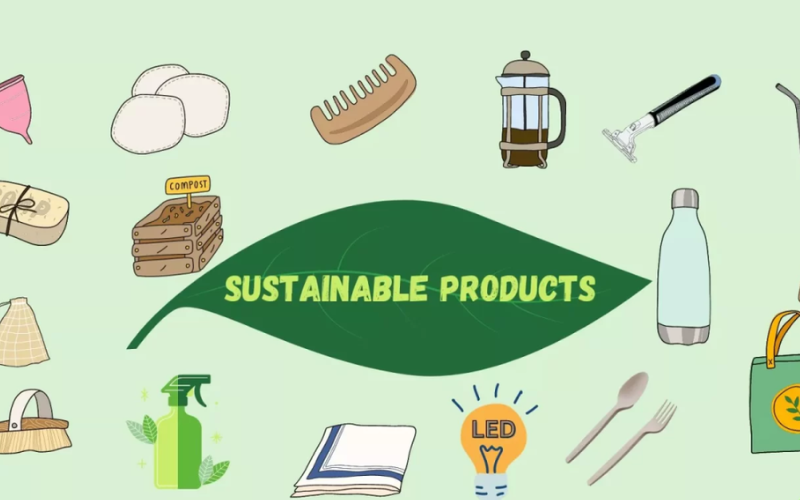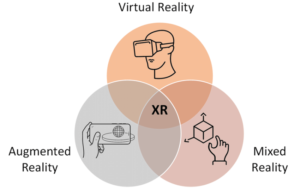In the dynamic world of consumer electronics, a significant shift is taking place. As the realities of climate change and environmental degradation become increasingly apparent, sustainability has emerged as a critical factor influencing consumer preferences and industry trends. This article provides a comprehensive exploration of the rise of sustainable consumer electronics, examining how these products are gaining popularity and shaping the future of the industry.
Unpacking Sustainable Consumer Electronics
Sustainability in consumer electronics refers to the conscious integration of environmental considerations into all stages of a product’s life cycle, from design and manufacturing to usage and disposal. This involves using eco-friendly materials, optimizing energy efficiency, ensuring recyclability, and promoting ethical labor practices. The goal is to minimize the environmental impact of these products while still delivering high performance and user satisfaction.
The Emergence of Sustainable Consumer Electronics
The demand for sustainable consumer electronics has been fueled by a growing global awareness of environmental issues and the understanding that our purchasing decisions can significantly impact the planet. Consumers are increasingly seeking out products that align with their values, leading to a surge in demand for eco-friendly electronics. In response, manufacturers are stepping up to the challenge, innovating and adapting their processes to create products that are not only technologically advanced but also environmentally friendly.
Spotlight on Sustainable Consumer Electronics
A new generation of eco-friendly gadgets is emerging, offering environmentally conscious alternatives that don’t compromise on performance. These include energy-efficient appliances, devices made from recycled or biodegradable materials, and products designed for easy repair and recycling. These sustainable products are not only better for the environment, but they also often offer superior performance and longer lifespans than their traditional counterparts.
The Impact and Potential of Sustainable Consumer Electronics
The shift towards sustainable consumer electronics has far-reaching implications. For consumers, these products offer a way to enjoy the benefits of technology while minimizing their environmental footprint. For companies, embracing sustainability can enhance brand reputation, meet regulatory requirements, and tap into the growing market of environmentally conscious consumers. Moreover, sustainable practices can lead to cost savings in the long run, as resources are used more efficiently and waste is reduced.
Beyond Recycling: Embracing Extended Sustainability in Consumer Electronics
In today’s world, “sustainability” is no longer a buzzword; it’s a driving force shaping consumer choices and industry practices. While recycling has long been the poster child of environmental responsibility, a more comprehensive approach is emerging: extended sustainability. This movement extends beyond the end-of-life stage of products, encompassing their entire life cycle – from sourcing materials to manufacturing, usage, and responsible disposal.
What does extended sustainability mean for consumer electronics? Forget simply tossing your old phone into the recycling bin; think longer lifespan, responsible sourcing, and innovative materials. Let’s delve into the exciting world of extended sustainability and explore how it’s transforming the electronics landscape:
Longevity Takes Center Stage:
Remember those days when phones became obsolete within a year? Extended sustainability prioritizes durability and repairability. Imagine devices designed to last for years, with readily available replacement parts and modular components that upgrade functionality instead of requiring an entire device replacement. Companies like Fairphone are leading the charge with modular phones designed for easy repairs and extended lifespans.
The Green Supply Chain:
Extended sustainability goes beyond the final product. Responsible sourcing of materials is crucial. Imagine conflict-free minerals, recycled plastics, and ethically sourced components forming the building blocks of your electronics. Companies like Dell and HP are making strides towards using recycled materials in their products, reducing their environmental footprint.
Energy Efficiency as a Priority:
Power-guzzling devices are a thing of the past. Extended sustainability promotes energy-efficient designs and manufacturing processes. Imagine devices that automatically adjust power consumption based on usage, utilize renewable energy sources for production, and minimize their overall carbon footprint. Companies like Samsung are innovating with energy-efficient displays and AI-powered power management features.
Circular Economy in Action:
The traditional linear economy – take, make, dispose – is giving way to a circular model. Extended sustainability emphasizes closed-loop systems where used electronics are disassembled, refurbished, and reintroduced into the market, minimizing waste and maximizing resource use. Companies like Apple and Microsoft are implementing take-back programs and exploring innovative recycling technologies to close the loop on their products.
Transparency and Empowerment:
Consumers are increasingly demanding transparency about the environmental impact of their purchases. Extended sustainability goes hand-in-hand with clear labeling, detailed life cycle assessments, and readily available information about sourcing and manufacturing practices. Imagine being able to compare the environmental footprint of different devices before making a purchase, empowering you to make informed choices.
Conclusion
Extended sustainability is not just a trend; it’s a necessity. By embracing this holistic approach, we can create a more responsible and sustainable electronics industry, one that minimizes environmental impact, conserves resources, and empowers consumers to make informed choices. While challenges remain, such as standardization, infrastructure development, and cost considerations, the momentum is undeniable. So, join the movement towards extended sustainability, choose products that embody its principles, and together let’s create a future where electronics are not just tools, but responsible companions on our journey towards a greener planet.
Remember, every choice counts. Make yours a sustainable one!





